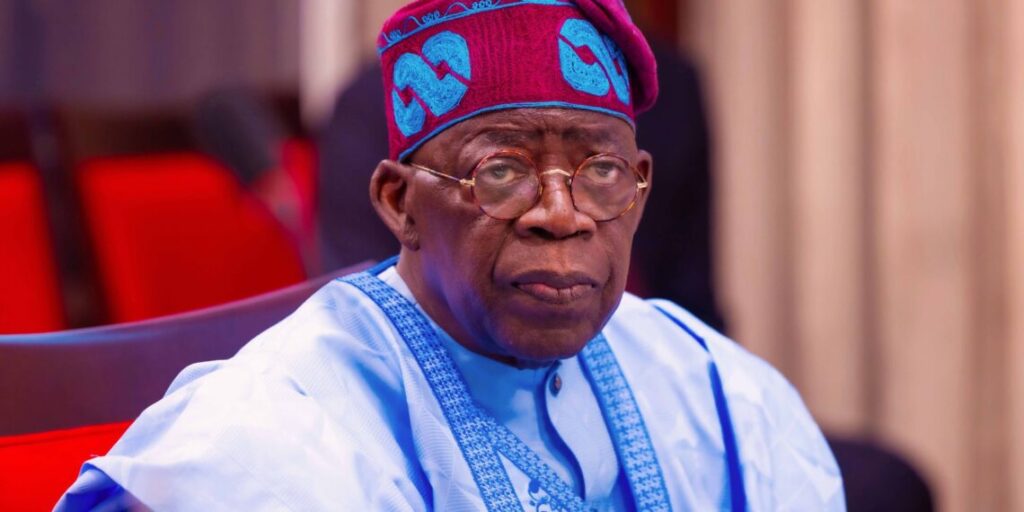
The Socio-Economic Rights and Accountability Project (SERAP) has given an ultimatum of 48 hours to President Bola Tinubu to “withdraw the patently arbitrary and unlawful CBN directive purportedly imposing cybersecurity levy on Nigerians”.
In a statement signed by the deputy director, Kolawole Oluwadare, the SERAP urged him to use his “good offices” to immediately direct the Central Bank of Nigeria (CBN) to withdraw the cybersecurity levy on Nigerians as it patently violates the provisions of the Nigerian Constitution 1999 [as amended] and the country’s international human rights obligations and commitments.
SERAP said, “Section 44(8) criminalizing the non-payment of the cybersecurity levy by Nigerians is grossly unlawful and constitutional.”
“The CBN yesterday has directed banks and other financial institutions to implement a 0.5 percent cybersecurity levy on electronic transfers on the basis of the section 44 44(2)(a) of the Cybercrimes Act 2024 purportedly imposing a “a levy of 0.005 equivalent to a half percent of all electronic transactions value by the business specified in the second schedule of the Act.”
“The money is to be remitted to the National Cybersecurity Fund (NCF), which shall be administered by the Office of the National Security Adviser (ONSA).”
Standing against this, SERAP said, “If the unlawful CBN directive is not withdrawn and appropriate steps are not taken to amend the repressive provisions of the Cybercrimes Act within 48 hours, SERAP shall consider appropriate legal actions to compel the Tinubu administration to comply with our request in the public interest.”
The Organization also urged him to stop Nuhu Ribadu and the office of the National Security Adviser (NSA) from implementing section 44 and other repressive provisions of the Cybercrimes Act 2024 as it flagrantly violates the provisions of the Nigerian Constitution and the African Charter on Human and Peoples’ Rights and International Covenant on Civil and Political Rights to which Nigeria is a state party.
SERAP urged him “to direct the Attorney General of the Federation and Minister of Justice, Mr. Lateef Fagbemi, SAN to immediately prepare and present a bill to amend section 44 and other repressive provisions of the Cybercrimes Act 2024 to the National Assembly so that those provisions can be brought in line with the Nigerian Constitution and the country’s international human rights obligations.”
